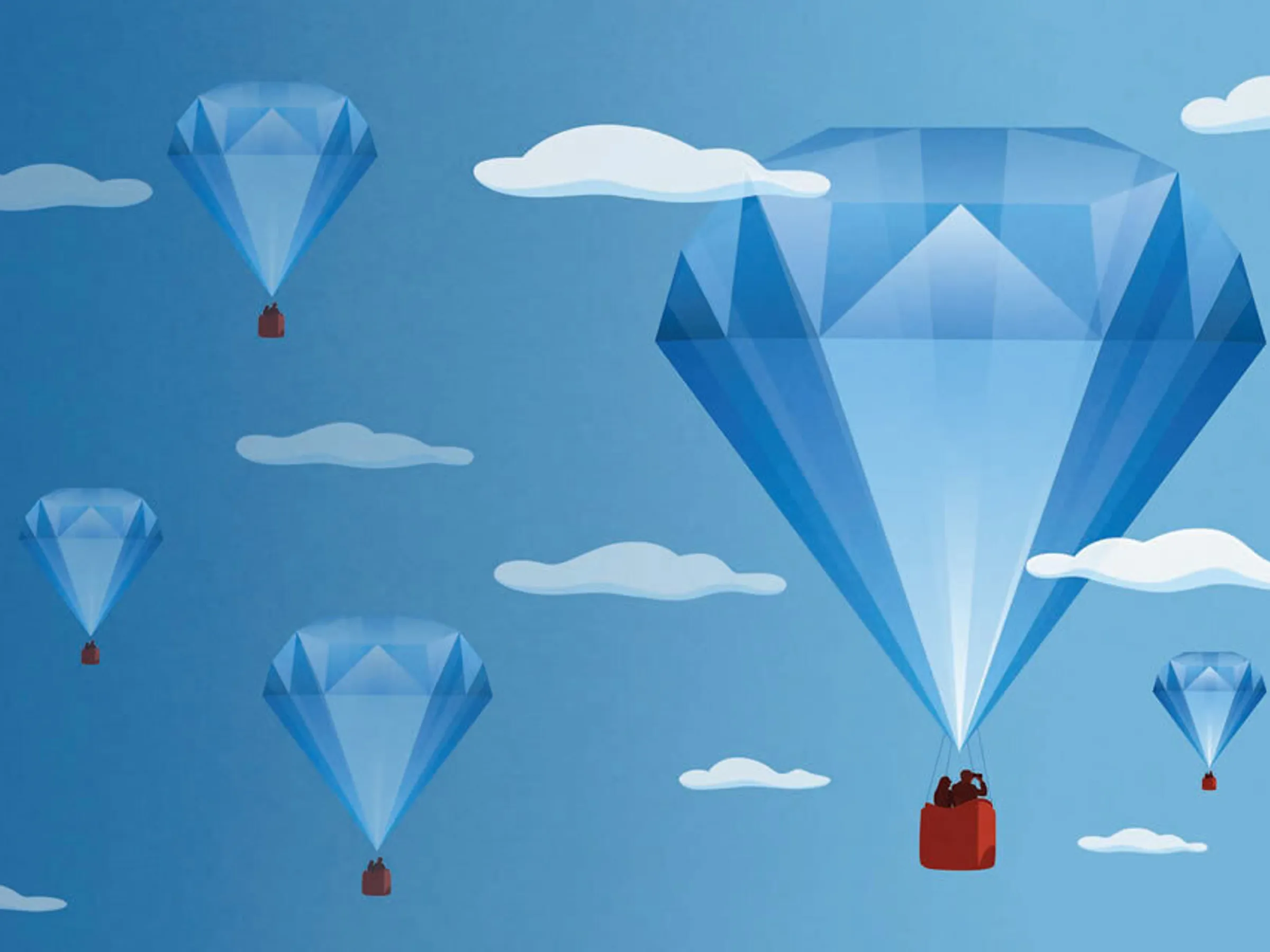Resilience in Motion: Balancing Recovery, Rugby and Career
An insight into a challenging chapter in the life of Tom Teasdale, Manager in our Fund Administration team in Guernsey.

An insight into a challenging chapter in the life of Tom Teasdale, Manager in our Fund Administration team in Guernsey. Earlier this year, Tom faced one of his toughest tests yet whereby he had to balance a demanding career while working his way back to rugby after a serious knee injury. His story is one of resilience, discipline, and determination to find balance and strength both on and off the pitch. My life felt like it was moving at full speed, especially when I was juggling the pressures of my career in fund administration, my passion for rugby, and the challenge of recovering from ACL reconstruction.
Throw in the need to maintain a healthy social life and take care of myself, and it was easy to feel like I was constantly on the go. But while it felt overwhelming at times, there have been ways to navigate all these responsibilities and still thrive in every area.
When I first injured my knee, I knew it wasn’t going to be a quick recovery. In the early days, I’d sit there, frustrated that something I loved, rugby, was suddenly out of reach. The pain was more than just physical, it was mental. It was hard watching my teammates go on without me, knowing I couldn’t be out there on the pitch alongside them.
The rehab process was slow. Really slow. At first, simple things like bending my knee or even walking without crutches felt like a challenge. There were days I wanted to give up, when I felt like my body wasn’t healing fast enough, or when the pain made me question if I’d ever get back to rugby. Some days felt like I wasn’t making any progress at all. But then I’d notice small wins, like being able to walk without a limp, or bending my knee a little further than the day before, and those little wins kept me going. It was a long, but I kept reminding myself that every little step counted.
I had to structure my days. Early mornings were dedicated to physio exercises, followed by full days at the office. After work, it was more rehab, stretching, icing, and sometimes just giving my knee the rest it needed. It wasn’t easy. I was exhausted, mentally, and physically.
Between work deadlines, team meetings, and the days things don’t always go according to plan. There are days when you're under pressure, juggling multiple tasks at once. The last thing I wanted was to let my rehab slip because of work, but sometimes, it felt like there just weren’t enough hours in the day.
To manage both work and recovery, I had to get disciplined. It meant setting clear boundaries. For example, I made sure that after work hours, my time was for me, not for catching up on emails or staying late at the office.
The hardest part about my rehab wasn’t just the physical limitations, it was the mental and emotional toll of being away from rugby. When I couldn’t play, it felt like something was missing.
Instead of remaining frustrated, I tried to stay connected to rugby in other ways. I started helping with the team on game day, and when not required for that, drinking a few beers at the bar!
Due to all those additional beers at the club house, I had to focus on conditioning, but in a way that didn’t strain my knee, low-impact exercises, like swimming or cycling, helped me stay fit without pushing myself too hard.
Balancing work and rehab were already a lot, but I also had to make sure I was taking care of myself outside of those commitments. I’m the type of person who enjoys socialising, and during all the pressure, it would have been easy to isolate myself and just focus on work and recovery.
I made a point to carve out time for people, whether that meant grabbing a beer with a friend, having a lunch with a few friends, or going down to the club to watch the boys play on a Saturday, or getting out for some lunch / dinner with my girlfriend who massively supported me throughout the rehabilitation journey.
Those small moments kept me going, gave me something to look forward to, and reminded me to look at the bigger picture of life.
The biggest lesson I’ve learned through this whole process is that it’s a necessity. I’ve had to accept that healing doesn’t happen overnight, and that setbacks are part of the process. Some days, I felt like I wasn’t getting anywhere, and other days, I’d get frustrated that I couldn’t return to rugby sooner.
But I’ve had to remind myself that I’m building something for the long term. Recovery takes time. It’s about trusting the process, being adaptable, and accepting that some days will be harder than others. The key is not giving up on those tough days and staying focused on the bigger picture.
Looking back, this has been one of the most challenging periods of my life. Balancing work, rugby, and personal life while recovering from injury has taught me a lot about resilience, discipline, and patience. It hasn’t been perfect, but I’ve learned that finding balance isn’t about doing everything perfectly, it’s about taking it one day at a time, staying committed to my goals, and being kind to myself along the way.
I’m now back on the pitch, and I feel stronger, both physically and mentally.
Article by Tom Teasdale
Explore more
related articles


Alice Heald


Nick McHardy


Paul Lawrence


Paul Lawrence



Paul Lawrence